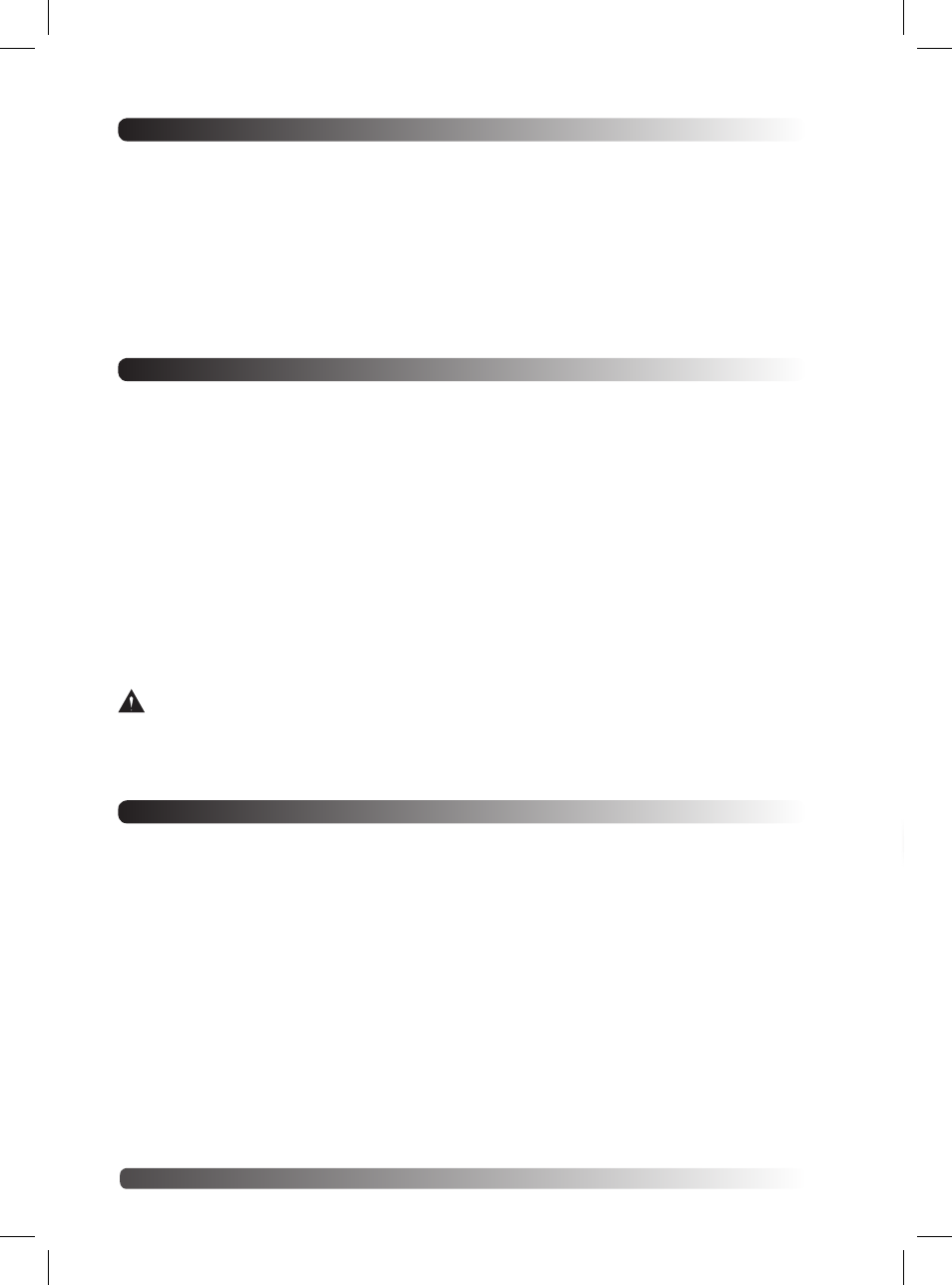Contact information, Specifications, Fcc rules – Irritrol Rain Dial R User Manual
Page 12

12
Contact Information
If you encounter problems during setup and/or operation of the Rain Dial-R controller, please
contact an authorized Irritrol product expert for assistance via phone or email.
U.S./Canada:
Phone: 1-800-634-8873 (7:30 am–4 pm,
M–F, PT)
E-mail: [email protected]
Europe:
Phone: +39-076540191
E-mail: [email protected]
Australia:
Phone: +61 8 8300 3633
E-mail: [email protected]
Specifications
Input Power
•
Outdoor Model:
120 VAC 60 Hz, 30 VA (Domestic)
230/240 VAC, 50 Hz, 30VA
(International)
•
Indoor Model:
24 VAC, 60 Hz, 30 VA (Domestic)
(from plug-in transformer) 24 VAC, 50 Hz, 30 VA
(International and Australian)
All Models:
•
Station Output: 24 VAC at 0.5A, 1.0A (maximum total)
•
Master Valve/Pump Start Relay Output: 24 VAC at 0.375A
•
2.0A Slow-blow Fuse
•
Battery Back-up (time, day and date)
•
Operating temperature range: 32˚F to 140˚F (0˚C to 60˚C)
Caution: The Rain Dial is designed to operate 24 VAC valve solenoids rated at 0.25A (6
VA). Total current load during operation must not exceed 1.0A. A maximum of two solenoids
per station terminal may be used if the total station load does not exceed 0.5A. No more than
three solenoids (plus MV/Pump circuit) should operate concurrently. In irrigation systems where
multiple controllers are used, each controller must utilize a separate valve common circuit.
FCC Rules
This equipment has been tested and found to comply with the limits for a Class B digital device, pursuant
to Subpart J of Part 15 of the FCC Rules. These limits are designed to provide reasonable protection against
harmful interference in a residential installation. This equipment generates, uses and can radiate radio
frequency energy and, if not installed and used in accordance with the instructions, may cause harmful
interference to radio communications. However, there is no guarantee that interference will not occur in a
particular installation. If this equipment does harmful interference to radio or television reception, which can
be determined by turning the equipment off and on, the user is encouraged to try to correct the interference
by one or more of the following measures:
1.
Reorient or relocate the receiving antenna.
2.
Increase the separation between the equipment and receiver.
3.
Connect the equipment into an outlet on a circuit different from that to which the receiver is connected.
4.
Consult the dealer or an experienced radio/TV technician for help.
The user may find the following booklet prepared by the Federal Communications Commission helpful:
“How To Identify and Resolve Radio-TV Interference Problems.” This booklet is available from the U.S.
Government Printing Office, Washington, DC 20402, stock # 004-000-00345-4.
International: This is a CISPR 22 Class B product.
© 2013 Irritrol www.irritrol.com Form Number 373-0799 Rev. A
Modelos para interiores y exteriores de 6, 9 y 12 estaciones